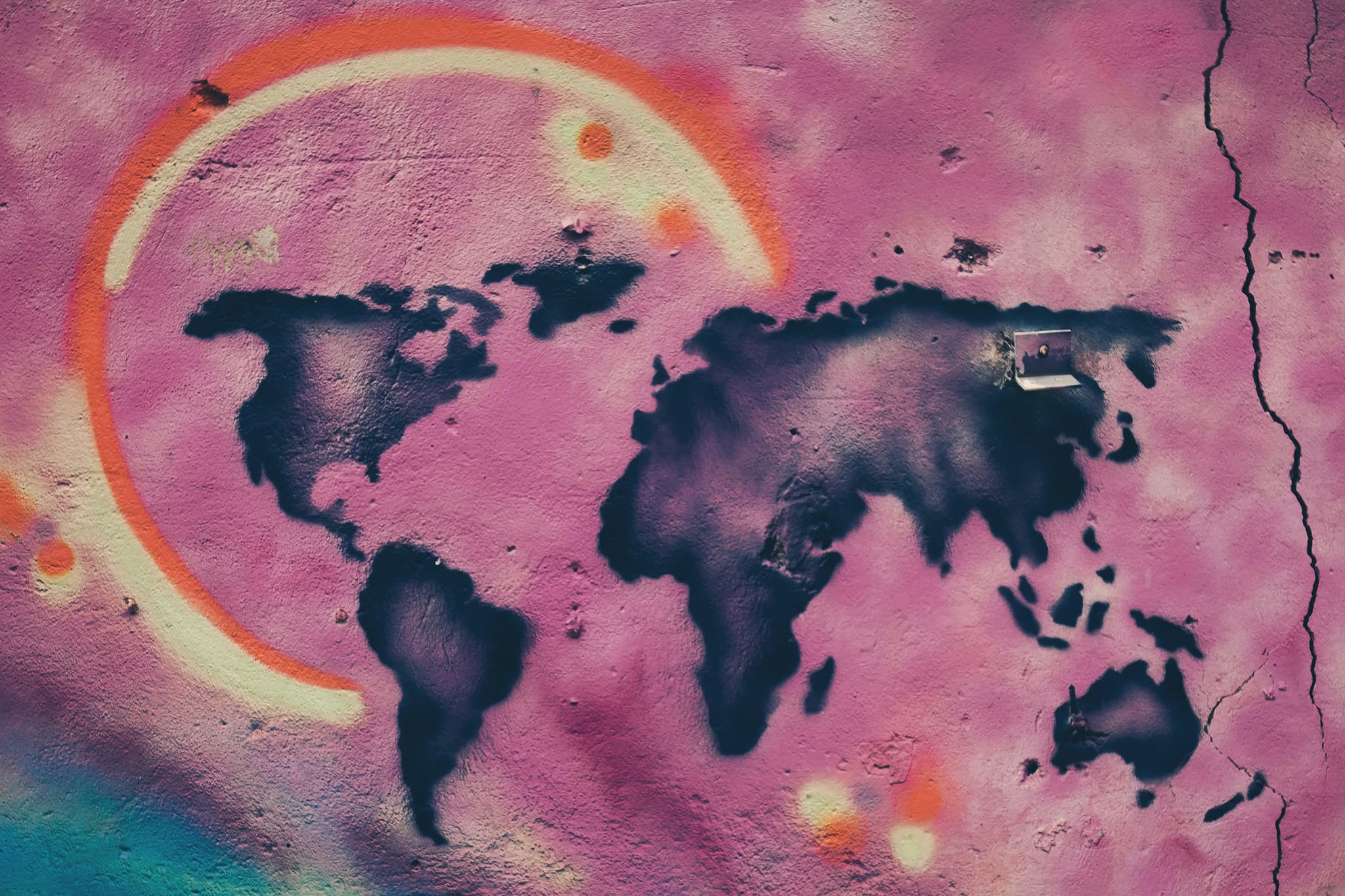 KEEPING THE HUMAN SPIRIT ALIVENov 4, 2025
KEEPING THE HUMAN SPIRIT ALIVENov 4, 2025English
Español
 KEEPING THE HUMAN SPIRIT ALIVENov 4, 2025
KEEPING THE HUMAN SPIRIT ALIVENov 4, 2025
The global order is undergoing a radical transformation. The old maps are fading. Once dominated by Western powers and their liberal institutions, the 21st-century world is transitioning toward a new, fragmented, and multipolar reality. To better understand today’s geopolitical and economic transformations, the concept of post-Western globalization should be more centrally integrated into our analyses.
Globalization was never neutral. It was anchored in a Western vision of free markets, liberal democracy, and American-led multilateralism. Institutions like the IMF, World Bank, and WTO helped spread these norms across the Global South, often at the expense of local development models, cultural sovereignty, and political autonomy. This happened despite a discourse of inclusiveness and mutual collaboration. Yet the cracks were always there, visible to those living in the peripheries of the globalized world. Today, these cracks have become fault lines.
The Erosion of Western Hegemony
The post-2008 world has seen a steep erosion of confidence in Western leadership. The global financial crisis, the mismanagement of the COVID-19 pandemic, and the moral bankruptcy of Western foreign policy in Iraq, Afghanistan, and Libya have tarnished the credibility of the Western-led liberal order. The rise of populism, civil militarism, disinformation, and authoritarianism within the West itself further undermines its moral claim to lead.
Emerging powers like China, India, Brazil, Turkey, Colombia, South Africa, and the Gulf states are increasingly asserting their own models of development and influence. These are not merely alternative economies. They are alternative political imaginaries (cosmogonías, in Spanish). China’s Belt and Road Initiative (BRI), for instance, reflects a new kind of globalization that bypasses Washington and Brussels altogether. It links Southeast Asia, Africa, and Latin America with Beijing at the center.
Multipolar Networks, Not Western Gatekeepers
Unlike the globalization of the 1990s, which was structured by WTO rules, Silicon Valley tech giants, and Wall Street finance, post-Western globalization is messier. It is not governed by a single ideology or power center. It is a web of regional agreements, South-South cooperation, digital currencies, alternative banking systems such as the BRICS Development Bank, and knowledge exchanges outside the purview of traditional Western institutions.
Cultural flows are shifting too. K-dramas, Afrobeats, Bollywood, Latin trap, and Turkish soap operas are commanding global audiences. Knowledge production is increasingly polycentric, with research hubs and think tanks rising in Lagos, Jakarta, Bogotá, and Abu Dhabi. The Western university is no longer the sole gatekeeper of ideas. Instead, we see a new ecology of learning. It is multilingual, decentralized, and often digital.
Resistance and Reinvention
This transformation is not without conflict. The war in Ukraine, U.S.–China tensions, and debates over digital sovereignty signal deeper struggles over the rules and infrastructure of globalization. While the West promotes a “rules-based order,” emerging powers are questioning whose rules and whose order.
At the same time, marginalized voices in the Global South are pushing for a globalization from below. Movements for climate justice, food sovereignty, Indigenous rights, and tech ethics are challenging not only Western dominance but also the extractivist logic of the global market itself. This is not just a geopolitical shift. It is a civilizational debate, perhaps signaling the beginning of a new era.
What’s Next?
Post-Western globalization is not the end of globalization. It is simply its mutation. The nation-state remains central, but so do cities, corporations, diasporas, and digital networks. Power is more distributed, but also more unstable. We are entering an age of overlapping crises, overlapping sovereignties, and overlapping demands. Cooperation will depend less on ideology and more on pragmatism, negotiation, and mutual recognition.
The future will not be led by a single empire or ideology. It will be shaped by plural centers of power navigating a common planet. Whether this leads to fragmentation or a new kind of solidarity remains uncertain. But one thing is clear: the Global South is no longer waiting to be invited to the table. It is building new tables, with new rules. And the world must pay attention.